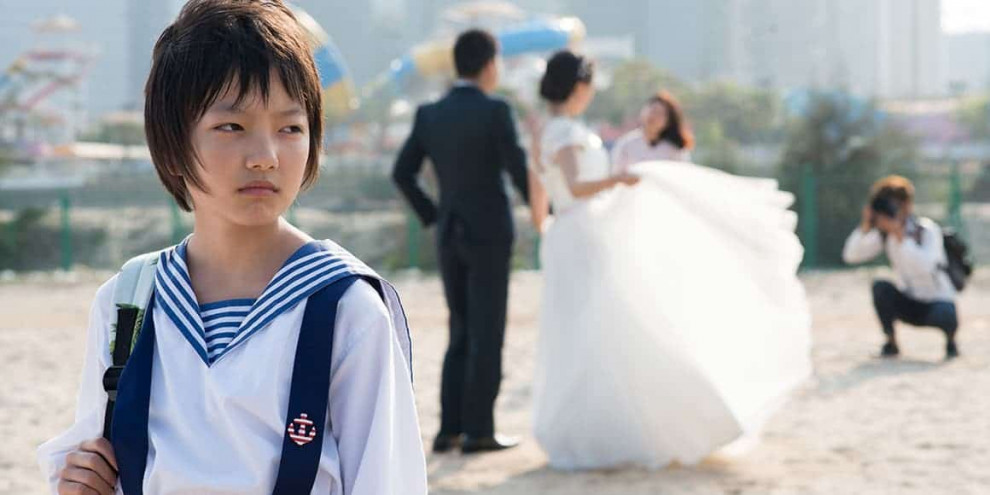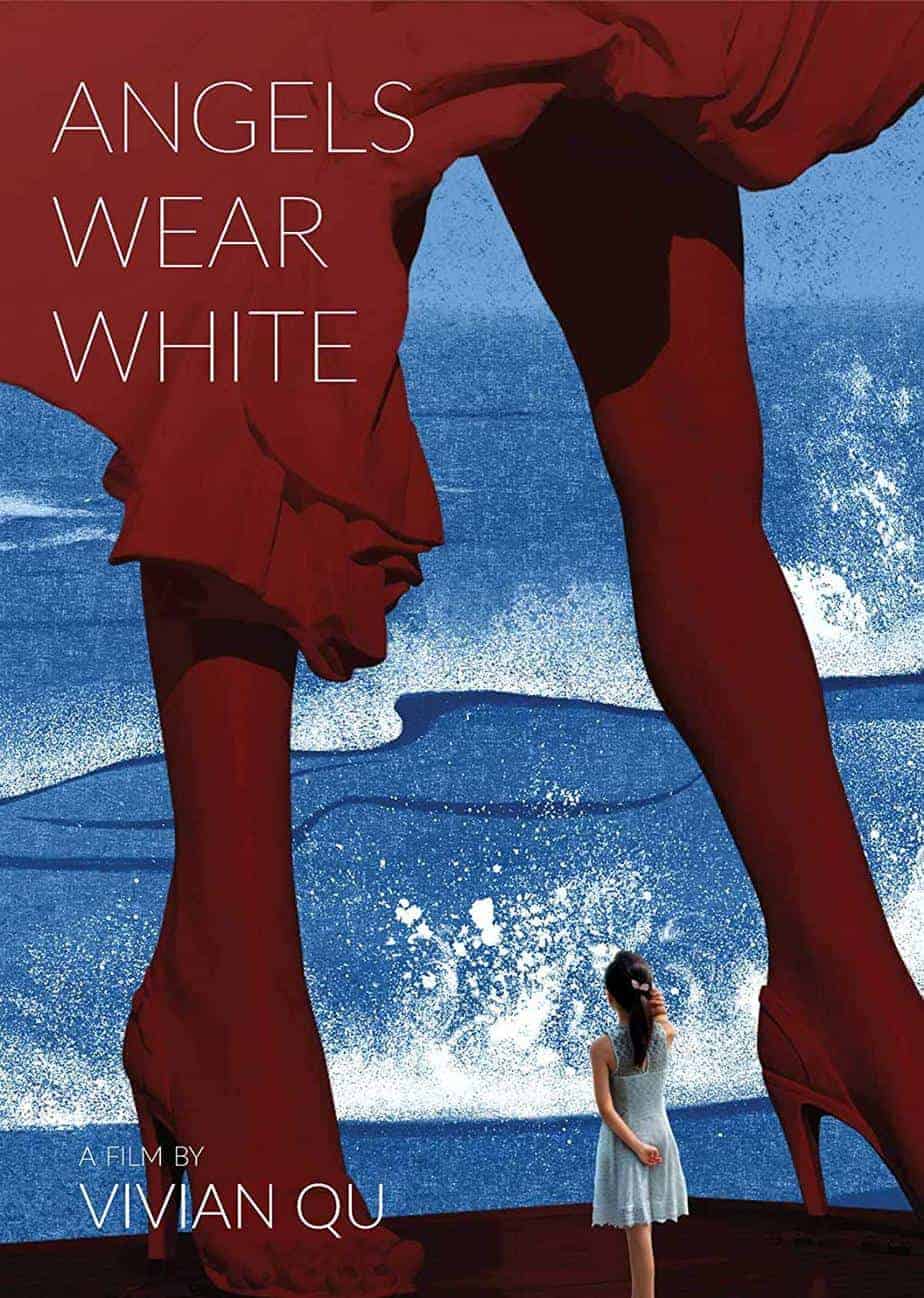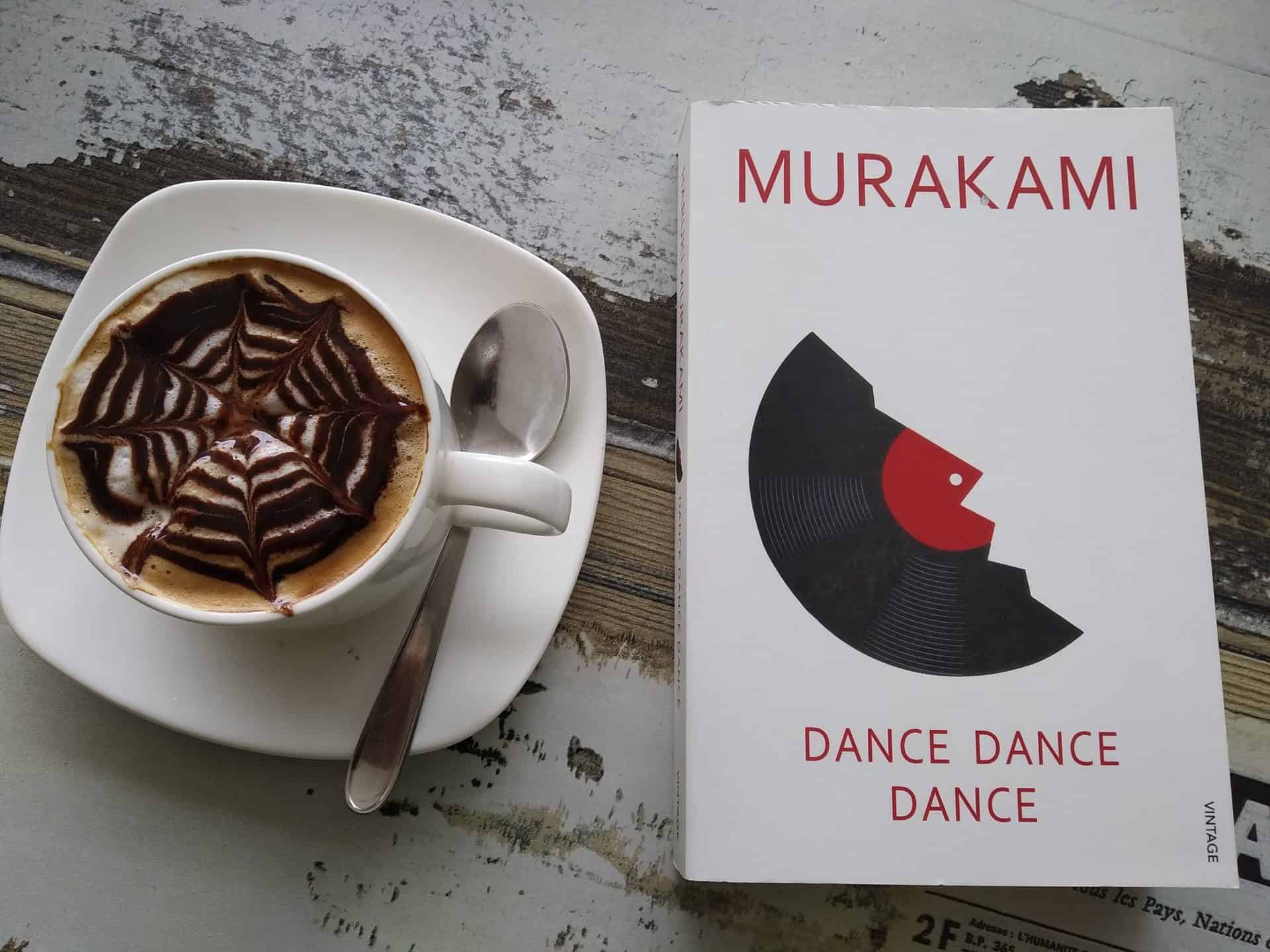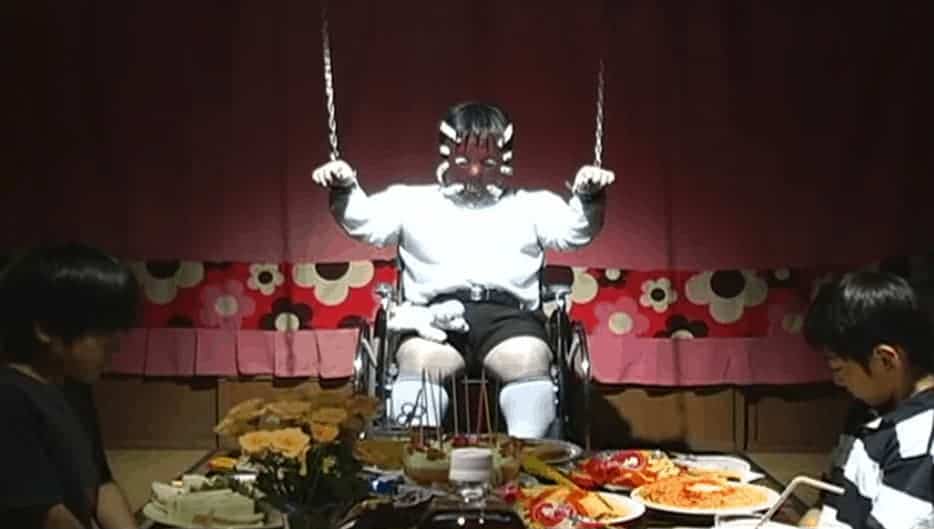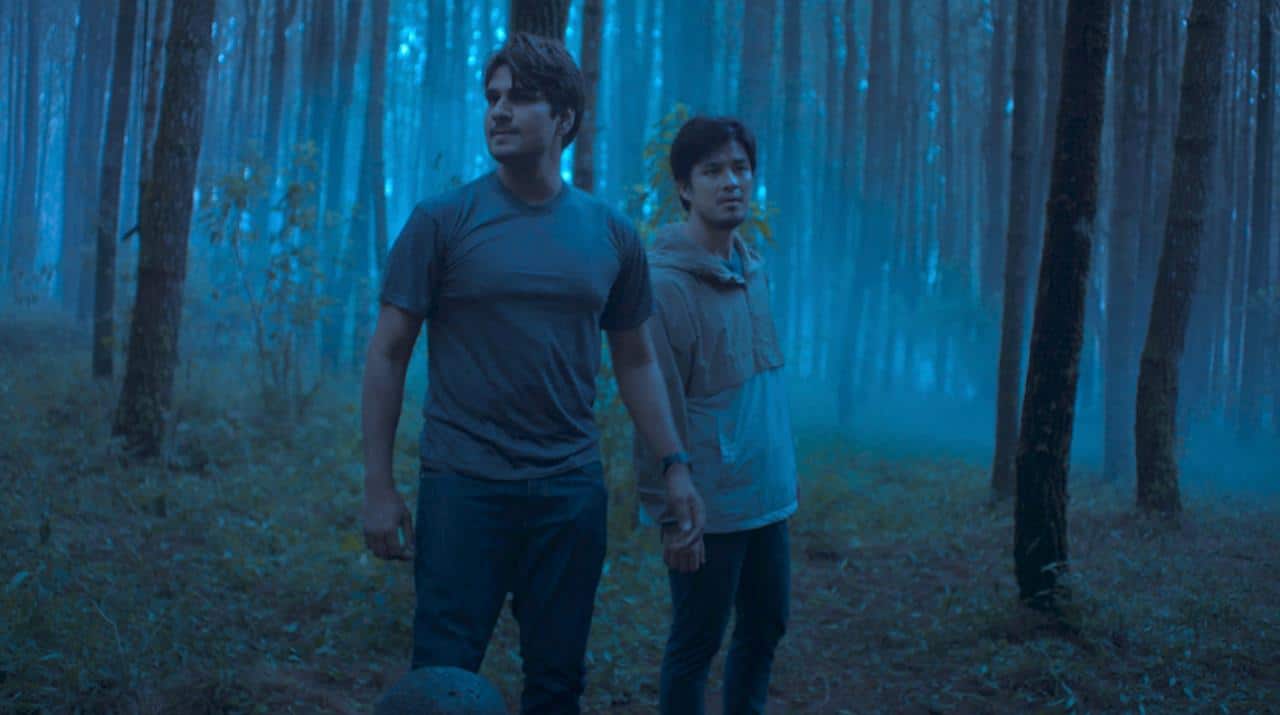After an interlude producing the successful noir “Black Coal, Thin Ice”, awarded in Berlin, Vivian Qu is back on the director chair with her sophomore film “Angels Wear White”. The movie premiered at the last edition of Venice International Film Festival, where it was also nominated for the Best Film Award and went on collecting several nominations and awards, one for all the prestigious Taiwanese Golden Horse Award. Nevertheless, the film has encountered some problems with Chinese censorship because of its controversial topic and social commentary.
Buy This Title
In a provincial seaside town on the Hainan Island, Mia (Wen Qi) works as a cleaner for an upmarket motel. She hasn't got documents and tries to maintain a low profile, taking any job she finds without questioning too much, as – like many migrants – her goal is to save enough money to buy her way through bureaucracy. A hard-working, cheeky and friendly 15-year-old, Mia doesn't hesitate to help her workmate Lily (Peng Jing) when she asks her to cover up a shift at the reception while she meets a boy. This sliding-door-type of coincidence triggers a series of events, when that night she welcomes a high-ranking local police officer, checking in the motel with two 12-year-old girls in school uniforms. Two separated rooms are taken and beers are ordered but when Mia sees on the CCTV camera that the man is forcing himself into the girls' room, she makes the split-second decision to record the security footage with her cell phone. Predictably, the night ends with the girls bruised and violated and a scandal that everybody seems to benefit from covering up.
Reality is more complex than it could appear and Mia has her reasons to be reluctant when lawyer Hao (Shi Kei) is appointed to the case and tenaciously tries to convince her to help the victims. In parallel, the families of the two girls have their dilemmas too. One is worried about losing their middle-class status and is prepared to accept a good deal, while the other struggles with a divorce, single-parenting and the inability to cope with the events. The film indulges on the latter, focusing on young Wen (Zhou Meijun), whose nightclub dancer mother, bitter and frustrated by her own life-turns, is sadly projecting her resentment onto the girl. The incompetence and the code of silence of authorities and the police are the only certainties in the whole scenario, barricaded as they are behind the bitterly sarcastic motto printed on the police station wall: “Serve The People”.
Vivian Qu has blended with style and measure an art house visual with an impeccably narrated crime procedural, adding layers and nuances to a story where a complex web of emotions and perspectives are at play. Yet, her direction is confidently detached, supported by an accomplished editing work by Yang Hongyu.
The director has planted in her movie lots of subtle – and sometimes not-so-subtle – symbolic imagery. The seaside town in low season where she places the narration, with its rusty fun fair and amenities, and its fiberglass promises is itself a reminder that women are still treated as a mere commodity and a sad presage of the consequences. The film starts and closes on the shadow of a grotesque copy of the giant “Marilyn Forever” statue. Between its legs, dwarfed by its size, Mia looks up, forced into the disturbing role of a Peeping Tom, and facing the anatomy that directly and indirectly will shape the story that is about to unravel.
Although the Chinese title doesn't mention white dresses (“Jia Nian Hua” means Carnival), the colour is highly significant in the storytelling. White is the iconic Hollywood star of “The Seven Year Itch” and the virginal wedding dress of the couples on the beach having their stereotypical pictures taken. White is the coat of the doctors appointed to assess the violation, and finally, white is Mia's sacrificial tunic leading to the final twist that she gives to her destiny, and providing a strong metaphoric closure to the narration.
Taiwanese-born, 15-year-old Wen Qi is enjoying a well-deserved moment of success, appearing in few recent movies like “The Liquidator” and “The Bold, the Corrupt and the Beautiful”. Her portrait of Mia as a strong yet very vulnerable, multifaceted young girl is phenomenal and her “restrained empathy” standpoint adds depth and complexity to the character. Equally professional is the even younger Zhou Meijun as the sulking and damaged Wen. Kudos to them and to the director's firm guide.
Benoit Dervaux signs the intimate cinematography and showers the sleepy resort with a milky, soft and dream-like light.
Beautiful, nuanced and brave, “Angels Wear White” has wings to fly away from the festival circuit's restrains and really deserves visibility.


